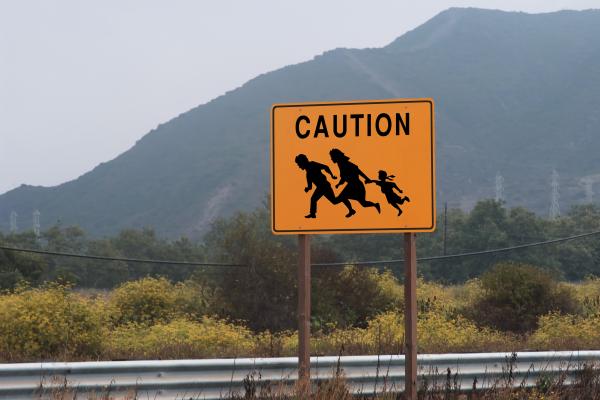Jul 14, 2014
I am not a politician, so I’m not an expert on immigration policies.
I am not an economist, so I’m not an expert on the economic benefits or burdens of immigration.
But I am a public theologian. I try to understand how we can participate with God in setting things right, healing the world, and reconciling human beings with one another, with the world, and with God.
Read the Full Article

Already a subscriber? Login
